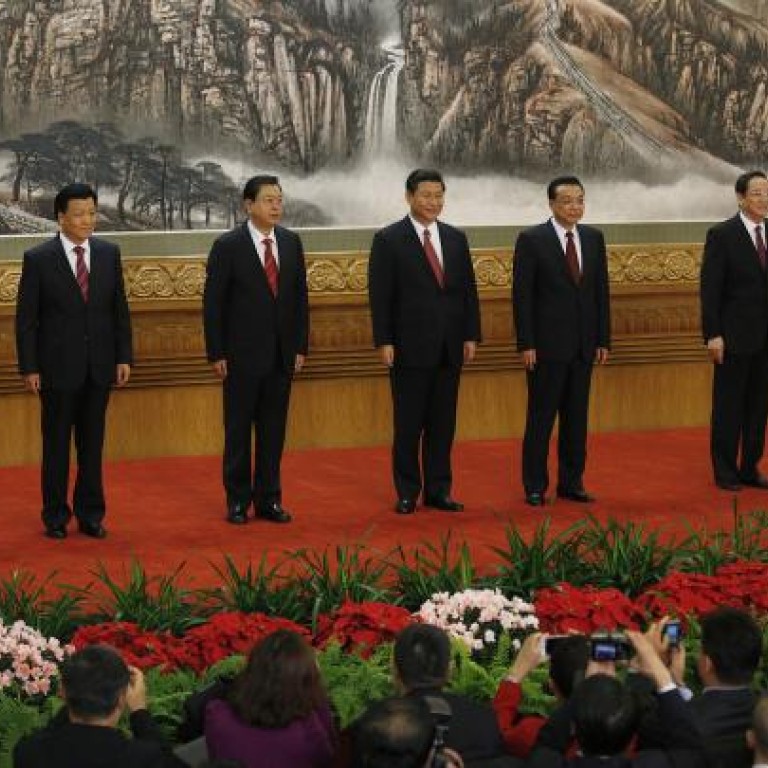
China's political reform must combine modern ideals and tradition
Lanxin Xiang says China's leaders have to overcome crisis of legitimacy
The way a party presents itself can either enhance or undermine a regime's legitimacy, and China is no exception. The regime currently faces a legitimacy crisis, partly because the Communist Party presents itself in such an ugly way that it has eroded the traditional Confucian moral basis of the state.
There is no doubt the one-party system is responsible for China's economic success, and that it will remain the dominant force for years to come.
But the topic of republicanism remains relevant today, even for maintaining the legitimacy of one-party rule. The party faces growing public dissatisfaction over rampant corruption among its political elites, and the seven new leaders presented at the just concluded 18th party congress do not have a convincing mandate to rule.
Constitutionally, China is a "people's republic", but it resembles neither a republic nor a traditional dynasty; it is an unnatural hybrid of a Chinese political body dominated by an alien political organ, the politburo.
The politburo system was abandoned in most parts of the communist world after the end of the cold war, so why does China insist on keeping this ugly relic of the Russian revolution?
The party also performs poorly in presenting itself on the issue of political reform. While the new leaders appear to agree that the party's badly damaged image is in urgent need of a makeover, no concrete ideas have yet been put forth.
So how can things be improved? In seeking to redesign China's political system, analysts tend to look towards Western democracy while neglecting to consider modern China's republicanism. It is easy to see why it is often overlooked: the term "People's Republic of China" suggests that the nature of the Chinese political system has long been defined.
But that is not true; on the contrary, exactly what type of republic China needs remains far from settled.
In its narrowest sense, a republic refers to a political order in which the head of state is not a monarch. In its broadest sense, it is a political order in which the supreme power lies in a body of citizens entitled to vote for representatives who will be accountable to them. Thus, republicanism stresses politics by representation.
Confucianism, on the other hand, stresses that a strong moral centre - that is, governance based on ethics acceptable to the majority - is the ultimate source of legitimacy, not imperial power. So the debate about republican ideals in modern China centres on who should represent the moral centre and what kind of qualifications they should possess.
In traditional China, the scholar-gentry class, through a rigorous recruitment process in the form of imperial exams, automatically had a mandate to perform administrative duties on behalf of the emperor. At the same time, they also served as a barometer of public opinion. The 1911 revolution ended this dynastic system. Modern republicanism took over, but the state failed to maintain internal political stability. Compared with the dynastic system, the modern Chinese version of republicanism seems inferior.
Crucially, the republican period has failed to produce a new and coherent argument for the legitimacy of the regime. Doing away with the role of the emperor - who was seen as the only legitimate interlocutor between heaven and earth - meant that political continuity could no longer be justified by hereditary order. The post-revolutionary regimes had therefore to maintain legitimacy via coercive power alone.
The problem lies in the tension between modern Chinese republicanism and the traditional political culture that persists. To begin political reform while avoiding social upheaval, a firm foundation has to be constructed based on a system in which republican ideals and Confucian moral traditions can co-exist in harmony.
Thus, republicanism needs to be part of the political discourse. Only then can a constitutional order be created in which the worst and most destructive features of the current system can be smoothly and peacefully phased out.

